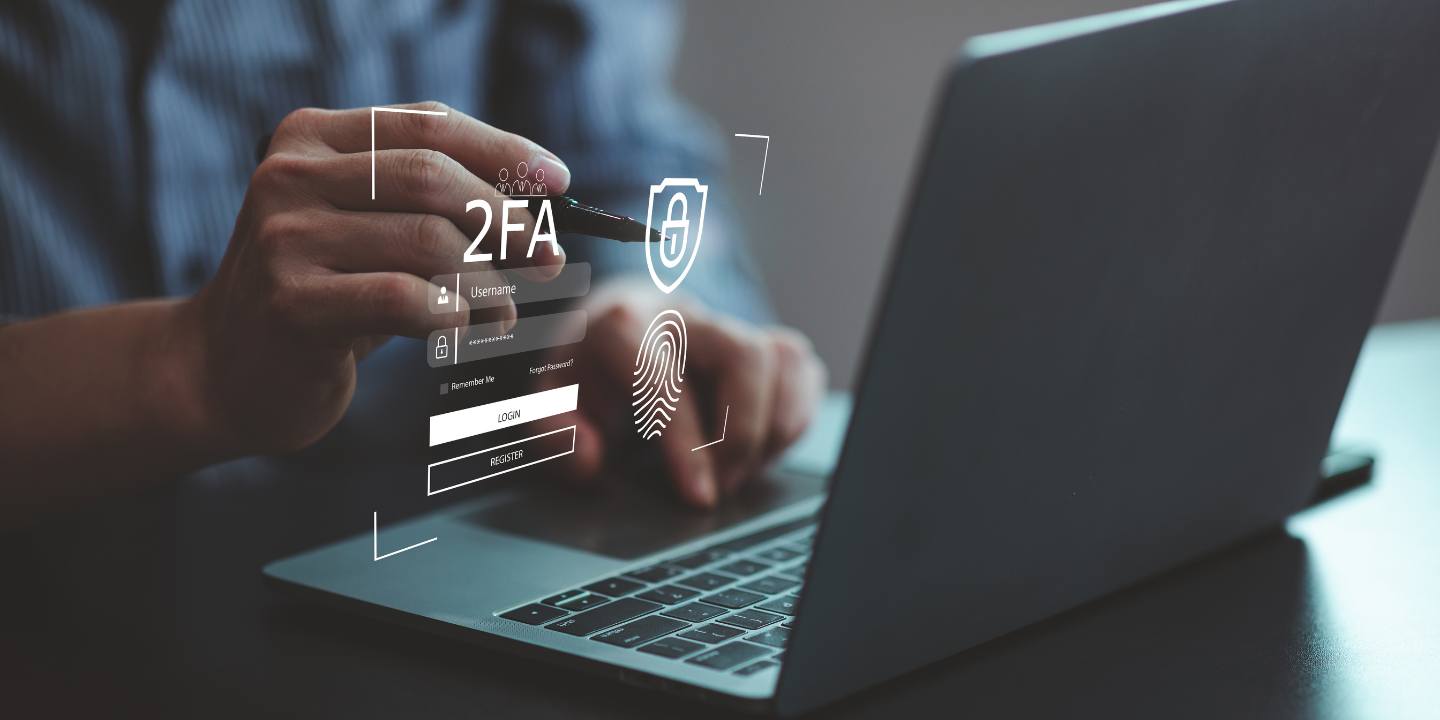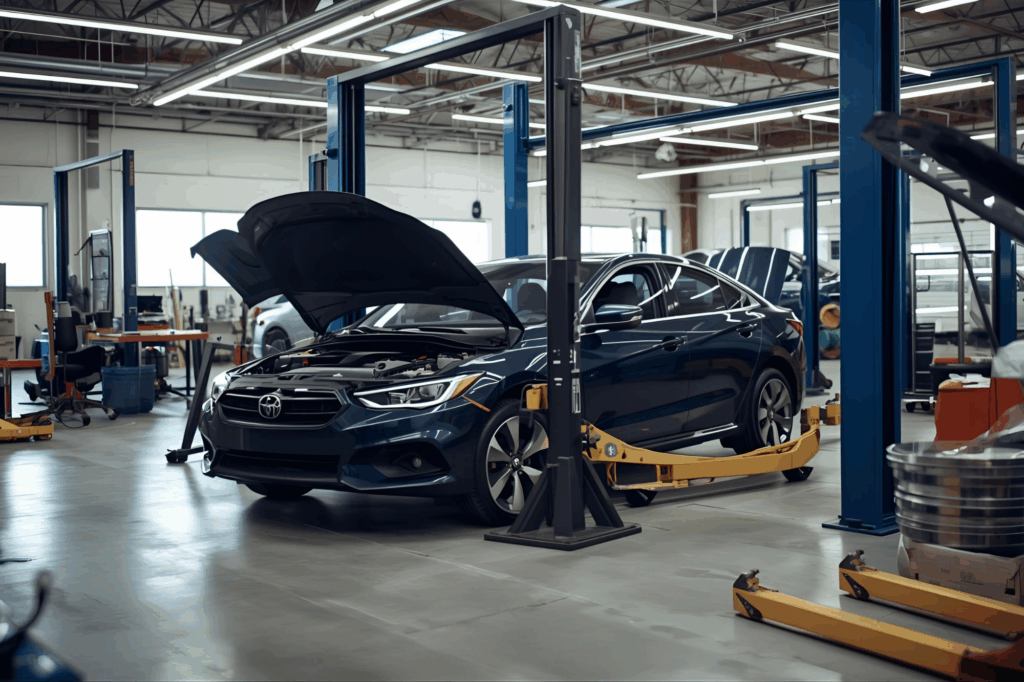Cybersecurity threats are rising in auto repair. Learn how they impact shop owners and what steps to take to protect your business and customer data.
As vehicles become more connected, cybersecurity is becoming a major concern for auto repair shop owners. Modern cars rely on software for diagnostics, repairs, and maintenance. But with increased connectivity comes increased risk—hackers can exploit vehicle software, repair shop networks, and customer data.
Auto repair shops are prime targets for cyberattacks because they store sensitive customer information and can interact with vehicle software. If a cybercriminal gains access, they can compromise a shop’s operations, steal customer data, or even manipulate vehicle systems.
This article explores how cybersecurity affects auto repair shop owners, the risks involved, and the steps shop owners can take to stay protected.
Get New Customers with RepairPal

Learn how RepairPal will help you improve trust with both new and existing customers and grow your repair business through recommendations of our partners like USAA, CarMax, and Consumer Reports.
Let's ChatHow Cybersecurity Impacts Auto Repair Shops
1. Data Breaches and Financial Loss
Auto repair shops store valuable customer information, including names, addresses, phone numbers, and payment details. If hackers gain access, they can steal this data and use it for identity theft or fraud. Cyberattacks can also lead to financial loss due to lawsuits, regulatory fines, and loss of customer trust.
2. Vehicle System Vulnerabilities
Today’s vehicles are equipped with advanced software and telematics systems (OBDII). Unauthorized access to these systems can allow cybercriminals to disable a car, alter diagnostics, or manipulate safety features like brakes or steering.
3. Ransomware Attacks
Ransomware is a type of cyberattack where hackers lock a business’s data and demand payment for its release. If an auto repair shop falls victim to ransomware, it could lose critical data, disrupt operations, and face costly downtime.
4. Third-Party Risks
Many repair shops use third-party software for appointment scheduling, billing, and vehicle diagnostics. If these providers suffer a cyberattack, the shop’s data could be exposed.
5. Reputation Damage
A single cybersecurity breach can damage an auto repair shop’s reputation. Customers expect their personal and vehicle data to be secure, and a data leak can lead to a loss of trust and business.
How Auto Repair Shops Can Strengthen Cybersecurity
1. Train Employees on Cybersecurity Best Practices
Employees are often the first line of defense against cyber threats. Train your team to recognize phishing emails, avoid suspicious links, and use strong passwords.
Tips:
- Implement regular cybersecurity training.
- Teach staff to avoid opening unknown email attachments.
- Require strong, unique passwords for all accounts.
2. Secure Your Business Network
Your shop’s Wi-Fi and business network should be secured to prevent unauthorized access.
According to Ratchet and Wrench, “Shops should ensure their network security is up to date. A secure firewall is essential for blocking malicious traffic. Additionally, shops should separate their business Wi-Fi from guest Wi-Fi, ensuring customers cannot access sensitive business data.”
Steps to Secure Your Network:
- Use a firewall to block suspicious traffic.
- Enable multi-factor authentication for all logins.
- Regularly update software and operating systems.
3. Protect Customer and Vehicle Data
Ensure that sensitive customer and vehicle data is encrypted and stored securely.
Best Practices:
- Use encryption to protect customer information.
- Limit employee access to sensitive data.
- Implement regular data backups in case of a cyberattack.
4. Partner with Trusted Software Providers
Choose reputable software vendors for your shop’s management and diagnostic tools. Make sure they have strong cybersecurity measures in place.
Checklist for Safe Software Use:
- Research software vendors before purchasing.
- Update software regularly to fix security vulnerabilities.
- Use cloud-based solutions with built-in security features.
5. Implement a Cybersecurity Response Plan
Prepare for potential cyber threats with a clear response plan. This should outline steps to take if your shop experiences a cyberattack.
Cybersecurity Response Plan Includes:
- How to identify and contain a breach.
- Who to contact (IT security, legal, insurance).
- Steps to recover lost data.
6. Stay Compliant with Industry Regulations
Cybersecurity regulations are evolving. Ensure your shop complies with data protection laws to avoid penalties.
One important piece of legislation in the automotive industry is The REPAIR Act (Right to Equitable and Professional Auto Industry Repair). This bill aims to ensure independent auto repair shops have access to the same diagnostic and repair data that dealerships do, while also emphasizing the importance of cybersecurity in protecting consumer data. By supporting the REPAIR Act, shop owners can help advocate for fair access to vehicle data while staying compliant with evolving cybersecurity regulations.
Key Regulations to Follow:
- Federal Trade Commission (FTC) guidelines on consumer data protection.
- Payment Card Industry Data Security Standard (PCI DSS) for secure transactions.
Looking Ahead: The Future of Cybersecurity in Auto Repair
The automotive industry is advancing rapidly, and cybersecurity will continue to be a top priority. As cars become more connected, auto repair shops must stay vigilant against cyber threats.
By implementing strong cybersecurity practices, auto repair shop owners can protect their business, safeguard customer data, and maintain a trusted reputation.
Cybersecurity in auto repair is essential. From data breaches to ransomware, shop owners must take steps to secure their shop networks, train employees, and protect customer information. Investing in cybersecurity today can prevent costly attacks and keep your shop running smoothly.
Key Takeaways:
- Cyber threats can compromise customer data and vehicle systems.
- Ransomware and data breaches can lead to financial loss and reputational damage.
- Shops should train employees, secure networks, and use trusted software.
- Having a cybersecurity response plan can minimize risks.
- The REPAIR Act plays a key role in securing vehicle data while ensuring fair access for independent shops.
By staying informed and prepared, auto repair shops can navigate the evolving landscape of automotive cybersecurity with confidence.



